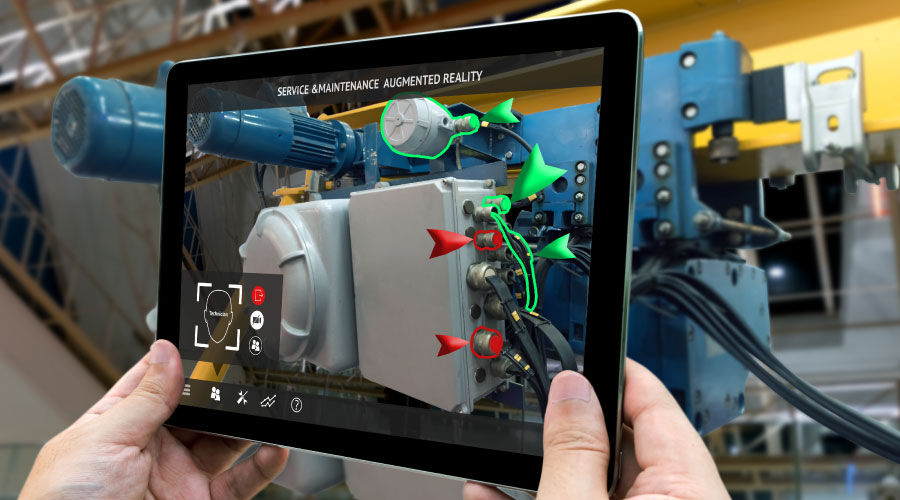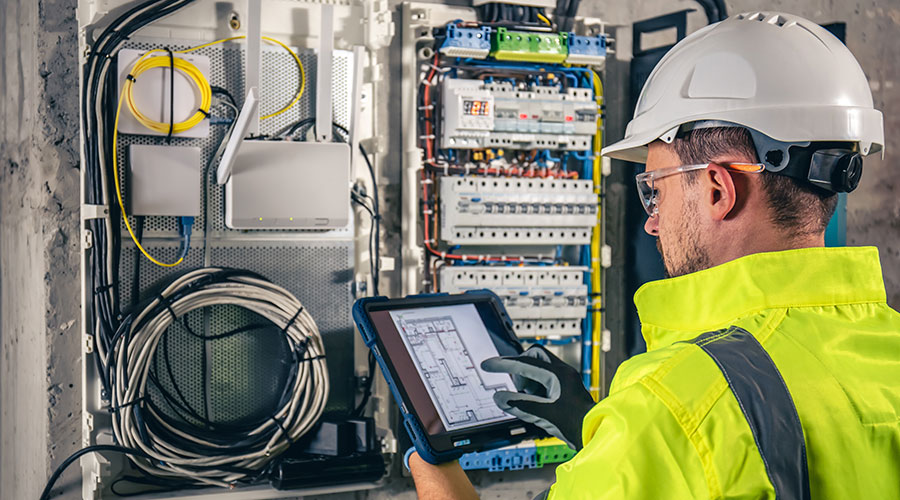Economic Benefits of Sensor Technology in Workplaces
Companies that use sensor technology can realize many economic benefits.
In addition to fostering an employee-friendly workplace, companies that use sensor technology can realize many economic benefits.
“IoT systems are incredibly versatile and often underutilized,” says McDannald. “They can significantly enhance productivity and add intrinsic value to your brand and technology investments. In a hybrid work environment, providing a robust digital infrastructure is more important than ever, as it acts as a bridge connecting physical and virtual workspaces.”
McDannald shares some examples of how her company benefitted from sensor technology.
Energy savings: Sensor technology helps monitor and optimize the use of lighting and HVAC systems based on real-time occupancy and environmental conditions. By adjusting these systems only when necessary, facilities can significantly reduce energy consumption, leading to lower utility bills and overall operational costs.
Better real estate utilization: Sensors provide detailed insights into how different spaces within a workplace are being used. This data allows facilities to identify underutilized areas and optimize space allocation, reducing the need for excess office space and potentially lowering leasing costs. Improved space utilization can also enhance employee productivity by ensuring that workspaces are designed and used efficiently.
Increased rental income through digital infrastructure: By incorporating advanced sensor technologies into commercial properties, facilities can offer tenants modern digital infrastructure that supports a smart and connected workplace. This can be a valuable selling point, enabling property owners to charge higher rents and attract premium tenants who value these amenities.
Enhanced branding: Implementing sensor technology demonstrates a company's commitment to innovation, sustainability, and employee well-being. This can enhance the company’s brand image, making it more attractive to potential employees, clients, and partners. A strong brand reputation can lead to increased customer loyalty and higher market value.
Security concerns
Technology is susceptible to things like outages, data breaches and cyberattacks. And, coupled with the feeling that “Big Brother” is watching, employees may not always be welcoming of sensor technology in their workplaces.
“Privacy and security concerns can pose a significant challenge,” says Wernick. “Employees can be worried about being constantly monitored, so it’s important to use anonymized data and clearly communicate the purpose of the sensors, what data is being collected and how it’s being used.”
Privacy concerns can be mitigated by ensuring that sensors do not collect personally identifiable information. Measures such as multi-factor authentication are a crucial security tool, McDannald says.
Other challenges when installing sensors include initial setup costs, which can be costly depending on the size and scope of the network and area, integrating a new sensor network with existing systems and managing and storing large amounts of data (cloud vs. edge solutions).
Sensors are not limited to just office workspaces. Wernick says the technology is also popular in markets such as education, health care, retail, hospitality and public institutions, “to monitor usage of key spaces, understand movement patterns and manage user flows. All markets benefit from the insights provided by sensor technology, leading to more efficient and purposeful use of space and improved user experiences.”
Frank Rigas is a freelance writer based in Sheboygan, Wisconsin.
Related Topics:













